
I was not a fat kid. Until I was 12, when my mother decided that since we were the same height we should be the same weight and put me on a diet to lose three pounds, I never thought about my weight. Well, when I was ten and 5 feet even and 100 pounds even, I thought that was kind of cool and tidy, not because of how slim I was but because the numbers made such a fine pattern -- age, height, weight all at the tipping point. Actually, in those halcyon days, I was rather pleased with how I looked. Except for the freckles. There was a time there when I wanted to get rid of the freckles. But, mostly, I really liked how I looked. I had auburn hair and brown eyes and enough sense to know that was freaking great. There might have been moments when I would have liked to be glamorous, but mostly I was content with my Girl Scout looks. I was, after all, a tomboy, and so glamour would not have suited me very well. Even if I had it, the scabs on my knees, the sunburn on my nose, and the snarls in my hair would have moved me out of that category.
So, I have no personal experience with being teased for being a fat kid. Actually, I have no personal experience with being teased about my looks at all and never while I was in school, up through graduate level, did any of my classmates or teachers mention my size or act like I should be any different than I was. But I remember how fat kids were teased, even back in the 40s when I started school and the "obesity epidemic" was far in the future, even in the days before there was a weight loss industry to sell us all on the idea that there is something wrong with our bodies and they have the magic cure that we only have to pay them for to enjoy. Even then, fat kids had it tough.
Today, fat kids have a much harder row to hoe. Preschoolers, shown pictures of various children which include children of all races, some handicapped, and asked which child they would like for a friend don't choose the fat kid. Even preschoolers are so afraid of being fat that some of them are putting themselves on diets. Four year olds, instead of beaming with delight when they see themselves in the mirror, have started sucking in their guts.
The other thing that my personal history and the reading I've done in the last ten years have taught me is that once you become obsessed with your weight you are in for hell. Eating is a self-conscious act. You hesitate to be the first one who admits to hunger, because as a fat person you aren't entitled to be hungry. You don't go to the pool because people will see just how fat you are. You try everything you can think of to get rid of the "extra" weight. And, since our body sizes are pretty well determined by our genes (want to be thin? have four thin grandparents.), if the weight comes off, it comes back on again. Eventually, you gain back more than you lost. There is one study UC Berkeley, 2004 that suggests that the younger you start to diet, the fatter you will become. The same study found that the more diets you've been on, the fatter you become.
Now, if you were a weight loss corporation and if you had no ethics beyond the bottom line, what would be the best way to build yourself a permanent customer base? Yep, get the kids to start dieting at younger and younger ages. Since it doesn't work, convince them rebound weight is their fault until they have messed up their metabolisims beyond hope and they are caught.
Personally, I'm just enough of a skeptic to think that there is no accident that the focus has been aimed at childhood obesity. First, you set the level so low that only the truly frail don't qualify, and then you hype it all over the place.
Sandy Szwarc, at Junkfood Science has recently posted a number of articles dealing with this subject.
In Such a deal, or is it? Sandy talks about a workplace wellness initiative that targets not just the weight and life style choices of the employees, but also of their children.
IBM has teamed up with Weight Watchers, a fellow member of the National Business Group on Health. It’s easy to see how Weight Watchers will benefit by such compulsory participation of 128,000 IBM employees in a Weight Watchers’ branded program...one that will simultaneously bring up an entire generation of weight-absorbed future customers. But IBM has not disclosed what’s in the deal for them. Even if such a program worked, by the time any health benefits might materialize, the children will long since be off on their own and no longer on their parents’ insurance plan.Sandy looks at the results of two long-range studies on obesity programs for children at One size childern.
The money may be enough to coerce some workers let their employer decide what their family eats, where and when they eat, and how often they exercise and what type of exercise they do. But using children is especially insidious, because what isn’t being said is that this childhood obesity program is an experimental pilot project with absolutely no evidence that it will prevent child obesity, let alone improve their children’s health. In fact, all of the evidence to date has shown similar programs to be ineffective for improving children’s health — such as changing their blood pressures, glucose tolerance, fitness, ‘cholesterol’ levels or rates of childhood illnesses — or change long-term obesity rates. But they do leave young people vulnerable to body-image problems and life-long dysfunctional relationships with food and eating.
Although both studies found null results, the authors suggested that more intense and continuous interventions might be necessary.
But, of course, doing more of the same won’t work, either. Nor is it surprising that no obesity prevention or weight intervention program to date has been able to demonstrate effectiveness in changing obesity rates among children or teens long-term. That’s because, as we know, the science has shown for decades that the natural diversity of sizes among kids, as in adults, isn’t about what they eat or the exercise they get. Thin kids may eat like horses, while fat kids like birds and it doesn't much change their natural sizes in the end. As a group, fat and thin eat the same. No dietary or activity factor among children explains the differences in their sizes.
In Fat camps for tots, which looks at the new British idea of sending toddlers and babies to fat camp to learn good eating habits, and perhaps take off a little weight while they are there,
Let’s look at the evidence in support of such claims and interventions for babies and toddlers:
[this page intentionally left blank]
Remember the Scholastic magazine? The one we got in school that was full of grade appropriate information and just for us? The one we still see in the doctor's waiting room? Well, it ain't our Scholastic anymore, folks. Sandy looks at the shameful use to which this once benign icon of childhood is being put in This is scholastic achievement?
From the “What are they teaching our children?” file comes another school-based childhood obesity initiative with no sound basis in science. Worse, it teaches children to fear healthful foods they need and teaches prejudices against their heavier classmates.*** Many parents and grandparents remember Scholastic publications as educational, inspiring and fun ways for kids to learn about the world. This is not the Scholastic they remember.*** The Food Detective game invites kids to click on the “AFD Case Files” of various “Suspects:” children who are supposedly behaving badly. The fat little 10-year old girl is Emily. The game tells kids that Emily is fat because “she eats too much and needs to learn portion control.” The food detective sets up a security cam in her house “to catch the culprit in the act” and she is shown gobbling nonstop a table of fattening foods and a chart shows her eating a whopping 4,550 [kilo]calories.
We could stop right there, of course, as the evidence has shown time and again that fat children eat no differently than thin children to explain the natural differences in their sizes. This game does nothing but teach children to condemn fat children for gluttony, while instilling the harmful false message in fat children that they must be eating “too much.” But the calories being ascribed to the 10 year old fat girl are beyond absurd and illustrate just how uncredible these lessons are. According to NHANES, 6-11 year old girls eat an average of 1,889 kilocalories a day (plus or minus 43 kcal) and the “educational message” in this game bears no resemblance to the facts.
Other children’s “Case Files” promote equally unsound and prejudicial messages. A heavy little boy named Michael is called a “sofa loafer” and his fatness is blamed on spending too much time on the computer and playing video games and eating bad foods. Another popular myth of fat children. And a little boy, Cole, is supposedly a weakling because he eats junk food. You get the idea.
 And finally, You're fine just how you are. and read her touching post on trying to be what you are not. The Allan Faustino T-shirt graphic, left, is enough to break your heart.
And finally, You're fine just how you are. and read her touching post on trying to be what you are not. The Allan Faustino T-shirt graphic, left, is enough to break your heart.
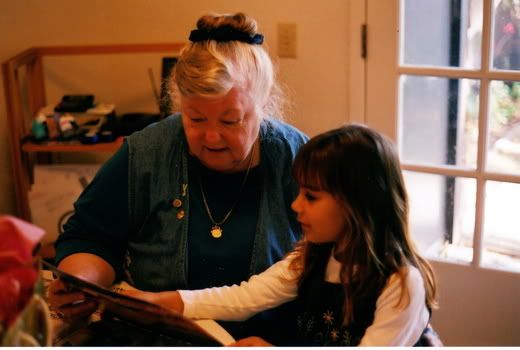
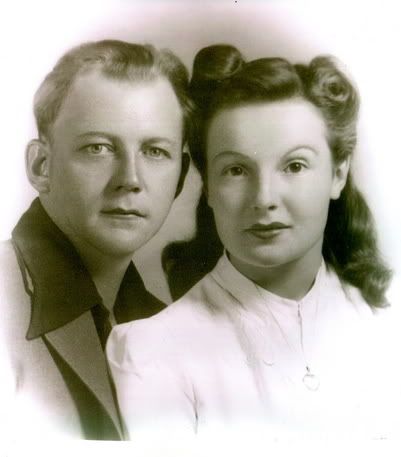
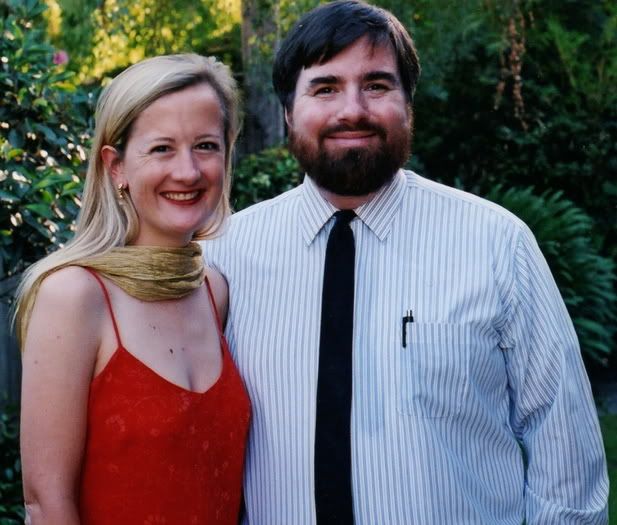
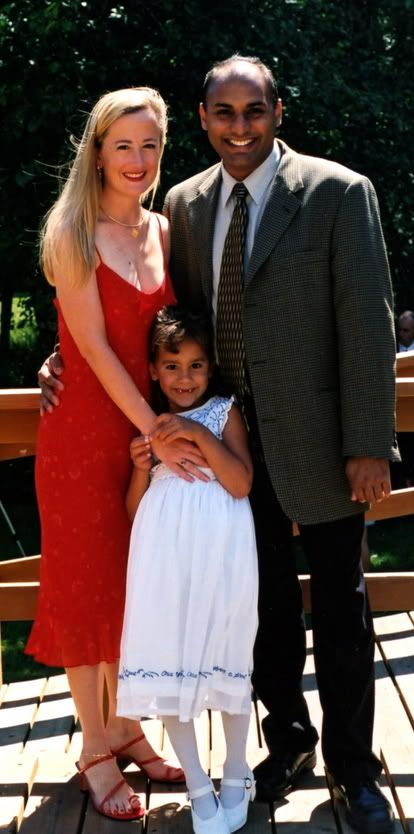
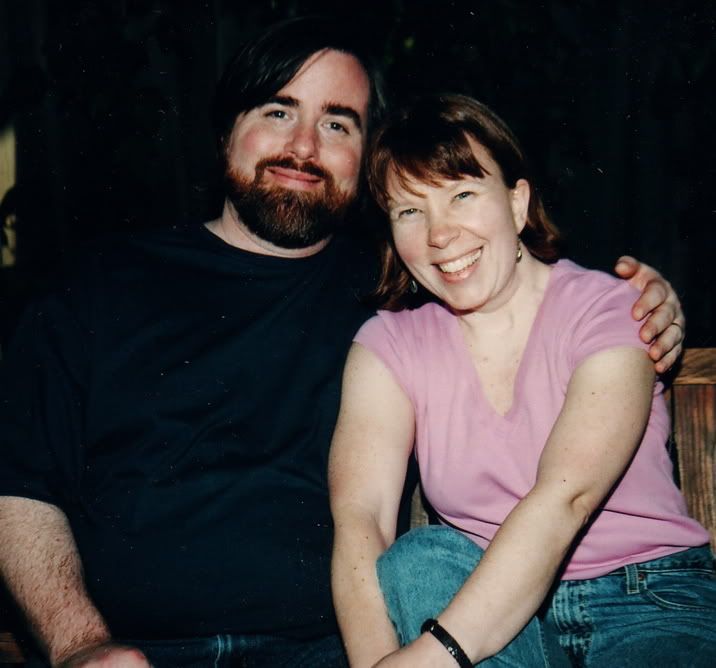













11 comments:
Do you remember when having a balanced diet was eating everything put on your plate? And what was on the plate was small portions of stuff from all the nutritional groups. I left Canada 25 years ago, before everything became lite, fat-free, non-dairy substitute, etc. On my trips back home, I've noticed: people spend less time cooking, don't enjoy making things from scratch, feel guilty about using real dairy, meat, wheat produce, and food a health issue instead of a delicious pleasure. What a shame it is.
Have you ever been stupid enough to watch a show on TLC called "We're Killing the Kids" or something like that? They take the kids and using 'computer science' project out what they will look like at age 40 if they stay on their current 'bad' pattern. Then, at the end of the show, they do the same, and show what they will look like at 40 if they keep up their new 'good' habits. What drives me the most nuts about it is the non weight differences. The kids who eat healthier food and exercise keep their hair, have better skin, SMILE more, have better teeth, on and on and on. One could argue that a heathy lifestyle does come into play for these factors, but the assumption that fat people are not healthy at all, and that they are depressed bald losers with bad teeth...it's insane.
Thanks for this wonderful post. I have a 4-year-old son and I am terrifed every day at what he might have to go through. He is not fat now, but given his genetics, there's a very strong chance he will be. We do everything "right" and are trying very hard to teach him to love his body and love movement, but so did my parents, and I still was on a diet (self-imposed) by the age of seven...
Speaking of being thinner and having better teeth I remember it was the "healthy eating" when I was a teenager that has cost me thousands of dollars in dental bills as my teeth rotted from lack of calcium and vitamins. A few years ago some idiot doctor at my college's medical clinic had told me that my rotten teeth were caused by my "weight problem" and "bad" eating habits. The only reason I'm overweight and my teeth are bad is because as a teenager I dieted myself almost into anorexia. She had no idea her comments hurt my feelings and I just burst out crying. I did not return to the clinic until a sinus infection got too painful to self medicate as I figured out that my allergies would not be blamed on my weight.
Hopefully when I transfer to a university from the community college the university clinic will understand the damage my ED did to my body rather than make sassy comments and make fun of my weight.
But what do you do with a chubby child who wants to eat every 30 minutes, and her food of preference is junk? At the beach this summer, I watched one of my granddaughter's eat something every 30 minutes - I am not kidding. She asked for a snack 30 minutes after breakfast and kept up the pattern all day long. If she was denied a snack, she found a way to steal one or sat moping about not having one. She is at least 20 pounds heavier than she ought to be, and to add misery to the mix, her sister is a string bean of a girl with no extra meat on her body at all.
She is being teased at school and has been since first grade (she is now 9). My heart aches for her, but her mother doesn't see the need to offer her healthy foods or at least something that is not all fat content. Everything they eat is laced with cheese, aned I fear for their health down the road. Am I wrong for wanting her to slim down and eat more healthily or am I kidding myself?
Kenju,
I have no magic answers to all of this. However, I do know that when you watch what a child eats or forbid certain things, the child sneaks food. You might consider saying nothing about what she does eat, but adding things to it that she might learn to consider a treat. Sometimes you can tempt a child to eat something by eating it in front of her and implying that she isn't old enough to eat it yet. That seems to work with coffee, cigarettes, and beer. Could work with peaches and carrot sticks.
Of course you're not wrong for wanting her to have an easier time in life, which is what slimming down would mean. However, that needs to be your secret that she never guesses. Meanwhile, love the little rhino that you have and forget the unicorn that doesn't exist, anyway.
I appreciate the fact that you are opening up a dialogue about this on your blog. I would like to address the issue of Weight Watchers teaming up with IBM to help families by supporting them toward a healthier lifestyle. Weight Watchers is NOT just about dieting...it is a suooprt system for healthy lifestyle changes. It's focus is getting people to eat more wisely (not pressured to eat perfectly!), move more and think first. The weekly meetings are to support those changes as they have their challenges. Weight Watchers tries to pull people away from the traditional "dieting mentality" by encouraging realistic changes. Therefore, by making small simple changes that the whole family can do together toward eating better and feeling better, it is a win for the family and it would be a win for any company who is seeking an effective wellness program for their employees. Weight Watchers works. Not just is supporting weight loss, but in supporting healthy changes so that weight will stay off.
Kathi,
Actually, the evidence is that when it comes to weight control for children, nothing works. That repeated dieting, at any age, leads to increased weight gain. That the younger the person starts dieting, the fatter they get.
Weight Watchers is not just about dieting. It is about making massive profits by holding out hope that dieting, which has a 98% failure (where success is defined not as taking the weight off but as keeping it off) rate, will work this time. WW is not alone in this -- the entire diet industry works this way. By acting as if something that hasn't worked in the past will magically work this time.
I do not believe in dieting children or causing them to be upset about not being skinny but I do believe not having desserts in the house, no candy, nothing that they get used to having around is important. Sugar can do more than cause someone to get fat, it is also linked to behavior issues. The best thing is to keep sugar and desserts for special occasions, like birthdays or holidays and having healthier snacks in the house. If a child is eating right and gets heavy, that's not the concern that using sugar regularly would be to me.
"Now, if you were a weight loss corporation and if you had no ethics beyond the bottom line, what would be the best way to build yourself a permanent customer base? Yep, get the kids to start dieting at younger and younger ages."
This explains it all. So obscene.
I was a starved child because my stepfather had priorities for his money other than buying groceries, and therefore I was a very, very skinny kid; my family was always, as they now call it, "food insecure." When I got older and had my own access to food, I started gaining some weight. I still believe I might have been ok if I hadn't been made to feel insecure about my weight by a doctor. After my first child was born I weighed -- ready for it? -- 140 pounds, and he said I needed to get that extra weight off.
Only too late do we learn that the constant starvation diets have the opposite of the desired effect.
This was an excellent, although sad, post
You make some very good points here. This game is disgusting, I'll have to do more resoarch on it.
The new pop culture has been very skinny orianted, I admit.
@ Nicole and others like her: I can see your worry about your son's health, but it is best not to interfer into a boys life. Steer him in a good path, make sure that he gets exorcise and eats healthy, but if he gets a little chubby, don't be surprised. Do not put him on a diet, it is horrible to do to a child, and can harm them more then having a little flab will.
-ZoL
http://fatacceptenceblog.blogspot.com/
Post a Comment